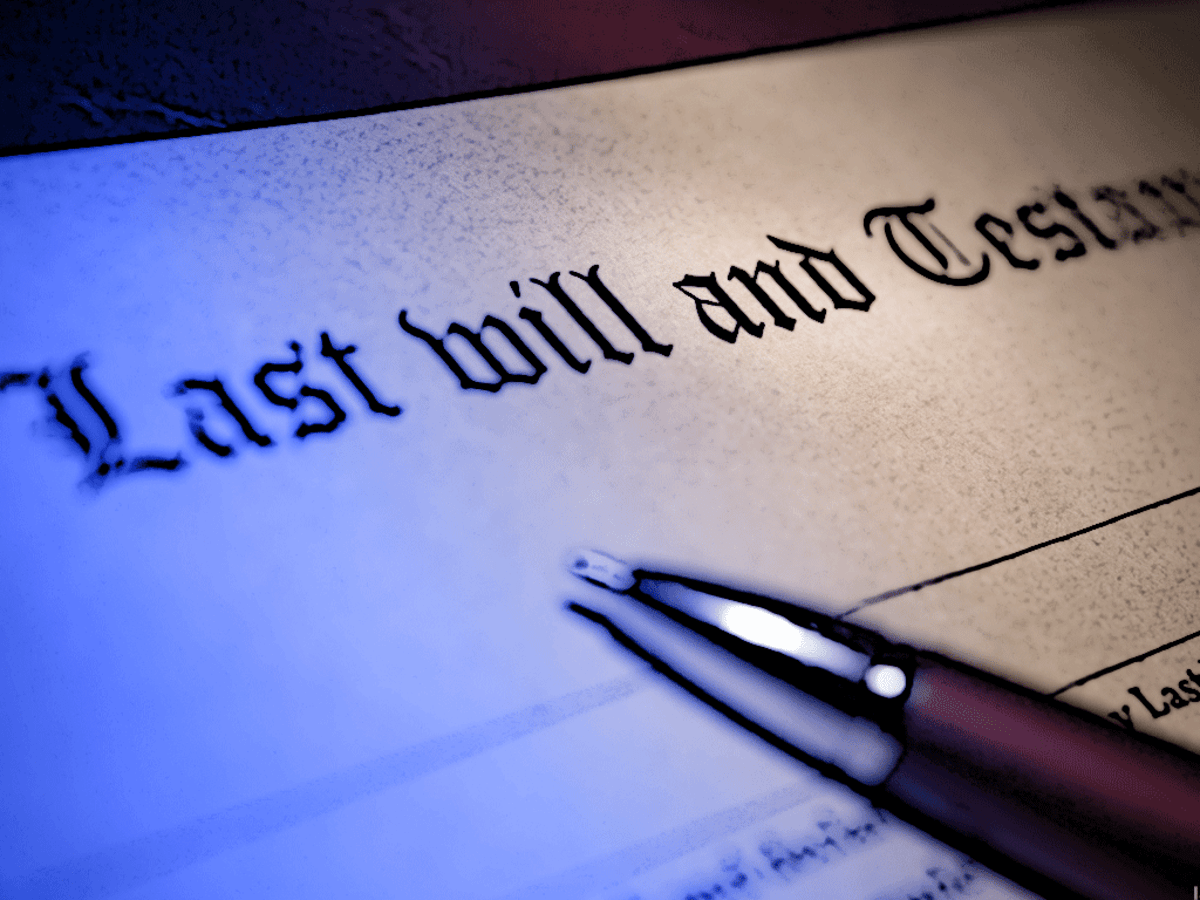It's one of the few constants that are inflexible; every person at some point will be able to walk away from this life but for some logical reasons, we would rather not think too much about it, much less plan for it. Inheritance Tax will be imposed if your death is accompanied by an "estate that is valued over the threshold that is set by the chancellor.
Your "estate" includes the cash you have in your investment accounts, bank accounts as well as businesses and properties Therefore, inherit tariff could be more prevalent than many people think. If your estate is valued above the threshold Inheritance Tax must be paid at 40% of the value that is higher than the threshold.
Image Source: Google
Giving everything away while you're still alive isn't going to help your beneficiaries avoid the tax unless you can make it happen for seven or more consecutive years prior to your death since gifts and trusts you make during your lifetime can also be subject to tax. The rules of HMRC allow for some methods to reduce the tax burden of your heirs' costs by giving gifts and trusts, so speak to your accountant to learn more.
In certain circumstances, Inheritance Tax is not required to be payable even if the value of your estate is above the threshold. If you feel you can be charitable, there will not be any Inheritance Tax due for the UK registered charity if you will leave your estate to them and if you're fortunate enough to leave a National Heritage Property and/or woodlands to someone in your estate, they may receive tax relief for them.

